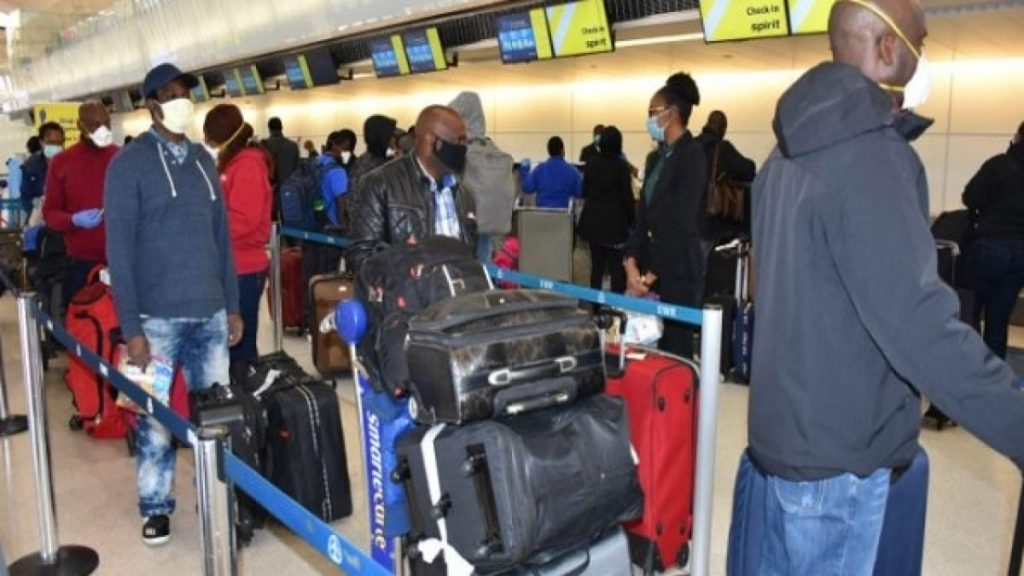In the 1970s, Britain was fairly described as the sick man of Europe. Today, Kenya is very much the sick man of Africa despite all its natural strengths.
The issues are piling up. The World Bank reported this week that public debt has topped 68% of GDP. Business closures in Nairobi have soared due to high taxes and poverty. Economic growth is spluttering at 4.5%, fuelling youth unrest.
Public disaffection has fuelled protest, which the government has responded to violently. In July, youth demonstrations led to 41 deaths and 29 injuries. Widespread corruption – Kenya ranks 123/180 globally – will sustain activists.
The crisis is humanitarian as well as political and economic.
Femicide, the murder of women, is on the rise, encapsulated in the high-profile case of athlete Rebecca Cheptegei. In September 2024, Cheptegei was immolated by her former partner over a land dispute in Trans-Nzoi County.
Despite government pledges, environmental breakdown is now a fact of life. Extreme drought in Northern Kenya is destroying livelihoods and displacing thousands, putting further pressure on southern cities like Nairobi and Mombasa.
Of all these challenges, the debt burden seems all-consuming, all but set to precipitate true national breakdown – not dissimilar to Britain turning to the IMF for a bailout in 1976.
Debt distress is a high risk, warns the World Bank. “Fiscal strains are deepening as public revenues continue to underperform. Public debt has continued to rise, with a large portion of it being domestic debt, increasing risks,” said country director Qimiao Fan.
This has forced the government to convert a USD $5bn loan from China into a renminbi liability. This may serve to ease immediate pressures but will only increase Kenya’s dependence on China, which is recognised to demand economic sovereignty as the price of credit provision.
The U.S. government will also be concerned. East Africa is an increasingly geopolitically contested region, and Kenya’s emerging alignment with China will not please the Trump administration.
Despite the challenge, Kenya retains its self-perception as East Africa’s leading state. Its government is said to have chided neighbouring Tanzania for a short period of unrest following the country’s recent election.
Kenyan accounts on social media – the authenticity of which is unclear – have amplified critical narratives about Tanzania, often with little substantiated proof.
All the while it is Kenya that remains in the sights of international NGOs like Amnesty International.
In a report entitled, Kenya: Authorities weaponised social media and digital tools to suppress Gen Z protests, Amnesty talks of “tech-facilitated violence” by the Kenyan state against young activists in the context of the June 2024 and July 2025 protests.
According to Secretary General Agnès Callamard, Amnesty’s analysis unearthed “widespread and coordinated tactics on digital platforms to silence and suppress protests by young activists, including through online threats, intimidating comments, abusive language, smearing, and targeted disinformation”.
These findings will likewise undermine U.S. and European support for Kenya, given that those bilateral relationships are founded on respect for democratic and human rights.
President Ruto is buoyant, nonetheless. Last wee,k he unveiled “four national priorities” for growth, based on investment in education and agriculture. Analysts fear this programme may further erode Kenya’s fiscal position.
A much-admired nation, the international community values a stable Kenya. It remains to be seen whether the governance capabilities exist to navigate the nation through this current storm.






